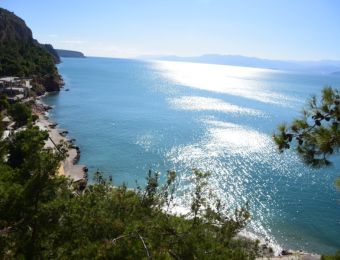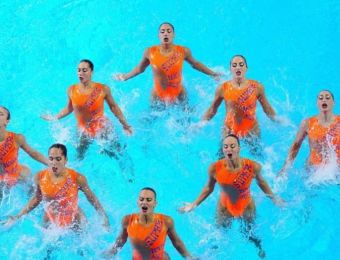Which are the 11 foreign universities applying to open branches in Greece

Πηγή Φωτογραφίας: Διαδίκτυο//Which are the 11 foreign universities applying to open branches in Greece
About 10 foreign universities will apply in Greece,” said Pericles Mitkas, President of the National Authority for Higher Education. The application period for foreign universities interested in establishing branches in Greece began on January 2nd and will conclude on March 1st.
On Friday, February 14, 2025, all eyes turned to Sorbonne Paris Nord, as it became the first to submit an application for a license to operate a non-state university in Greece. The application process for foreign universities wishing to establish branches in Greece under Law 5094/2024, passed last February, opened on January 2, 2025, with the deadline for submission set for March 1st.
The list of non-state universities set to begin operations in September of this year is expected to be announced in late spring, provided the application evaluations have been completed.
Regarding the application process, the President of the National Authority for Higher Education, Pericles Mitkas, explained on state television that “the application file includes a vast array of supporting documents, some of which will be examined by the National Authority for Higher Education. A portion of the file, mainly concerning the physical infrastructure, will be assessed by another body, the EOPPEP under the Ministry of Education. Committees will be formed, consisting of international scholars with extensive experience in university administration, under our coordination and supervision. They will review these files in the coming months and submit a report to the Ministry with a well-documented recommendation, either positive or negative.”
According to Mitkas, the decision process takes months, with a second phase also planned, emphasizing that time is pressing. He also pointed out that “the accreditation of study programs must follow the same criteria applied to public universities in Greece. This is a particularly meticulous process, involving a much more targeted inspection of the specific study programs.” Since both Greece and the Independent Authority are undertaking such a process for the first time, it is crucial to do everything correctly. “We want to reach a result that inspires confidence in the public and society while ensuring the quality of these new ventures,” Professor Mitkas stated. He clarified, however, that “we do not know if all the universities submitting applications now will be able to start in September.”
Finally, regarding the number of universities preparing to apply, he estimated it would be around 10—”somewhere between 7 and 12… Something like that.”
Which Universities Are Expected to Submit Licensing Applications in the Coming Period?
So far, 11 applications are expected to be submitted for licensing as private universities in Greece. Most of these institutions already operate as colleges in the country and maintain partnerships with foreign universities.
The colleges planning to apply for licensing as branches of European universities they are affiliated with include: Metropolitan College, Aegean OMIROS College, Deree, Anatolia College, City Unity, New York College, BCA, IdEF, and the Hellenic American Union.
Additionally, applications for establishing non-state universities in Greece are expected from the University of Nicosia and Frederick University.
What Are the Requirements for Non-State Universities?
Each branch of a Legal Entity for University Education (N.P.P.E.) must have at least three (3) faculties, each offering at least one (1) undergraduate degree program. Exceptionally, if the parent institution ranks among the top twenty (20) universities in international rankings, the branch (N.P.P.E.) may consist of just one (1) faculty with at least one (1) undergraduate program.
In the latter case, the international ranking of the parent institution must be based on criteria such as academic reputation, research output, publications, citations, teaching quality, and graduate employability. These rankings should be documented through indicators and reports from internationally recognized agencies such as Quacquarelli Symonds (QS), Times Higher Education (THE), and the Academic Ranking of World Universities (ARWU).
More specifically, the application must include: the academic structure of the N.P.P.E. branch and the rankings of the parent institution and its faculties in the aforementioned international lists.

The design of the study programs (P.S.) must define their academic identity and orientation, objectives, subject areas, structure, organization, learning process, expected learning outcomes, and targeted professional qualifications according to the National Qualifications Framework for Higher Education. Furthermore, program design should consider student engagement, opportunities for practical experience, and the integration of teaching with research.
After the N.P.P.E. branch is licensed, each of its study programs must be accredited by the National Authority for Higher Education (E.TH.A.A.E.) before it begins operations. The N.P.P.E. branch, through its programs, will award degrees issued by the parent institution.
Source: pagenews.gr
Διαβάστε όλες τις τελευταίες Ειδήσεις από την Ελλάδα και τον Κόσμο































Το σχόλιο σας